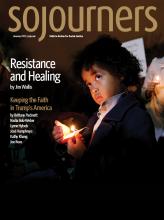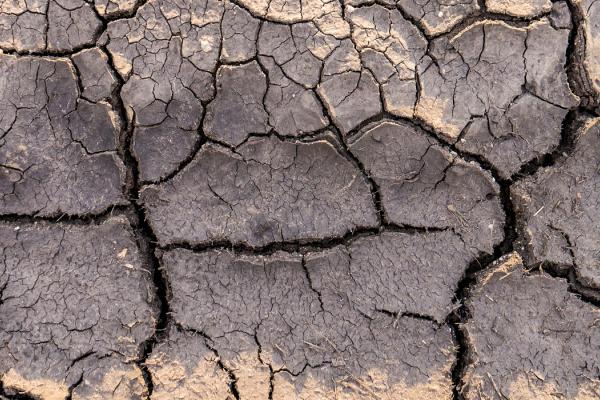FAMINE CRACKED the earth, causing children’s bellies to swell. Mouths opened wide, babies’ heads hung limp over their mothers’ arms. For three years no rain fell. Well water became a distant memory for the people of Israel.
David asked God why suffering was overcoming his people. God said: “There is bloodguilt on Saul and on his house, because he put the Gibeonites to death.”
Saul was the previous king who tried to wipe out the Gibeonites during his reign—even though Israel had sworn to spare them. What comes next in 2 Samuel 21:1-14 takes my breath away. David calls the Gibeonites to the court and speaks with them directly. He asks them: “What shall I do for you? How shall I make expiation, that you may bless the heritage of the Lord?” (verse 3).
America’s 45th president will be held responsible for the decisions made during his administration. But also the physical health of our land and people will reflect the measure to which President-elect Trump faces and corrects his own sins as well as those that past presidents have perpetrated against our citizens and our global neighbors.
David asks the Gibeonites: “What do you say that I should do for you?” Could we imagine our next president calling together a conference of African-American leaders or Native American leaders or Latinx leaders and asking them: “What do you say that we should do for you?” Can you imagine putting that level of power in the hands of the oppressed—power to set the framework for repair?
Read the Full Article

